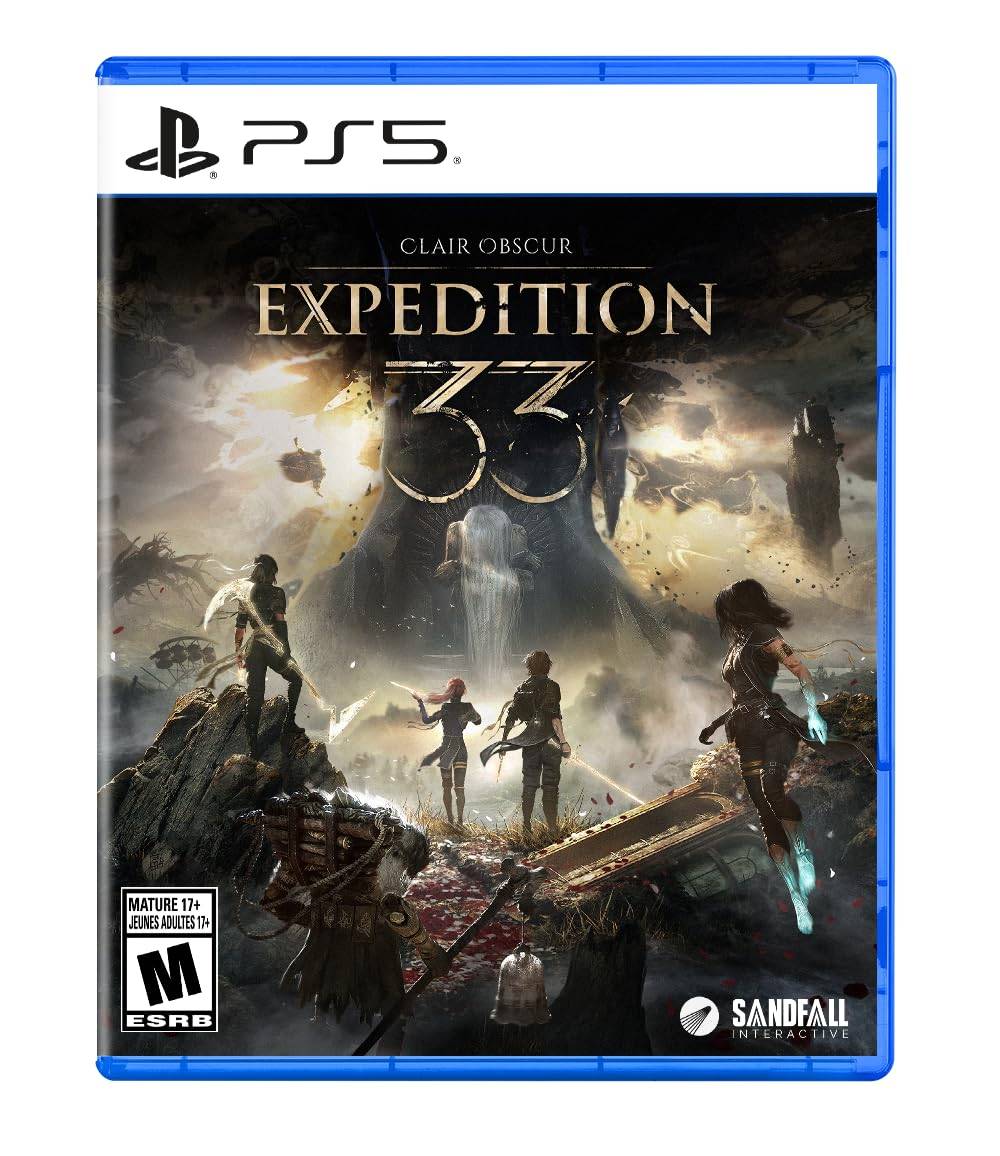
The "AAA" label in game development is losing its relevance, according to many developers. Initially signifying massive budgets, high quality, and low failure rates, it's now associated with profit-driven competition that often sacrifices innovation and quality.
Charles Cecil, co-founder of Revolution Studios, calls the term "silly and meaningless," a relic of a period when increased publisher investment ultimately harmed the industry. He points out that the shift wasn't positive.
Ubisoft's Skull and Bones, marketed as a "AAAA" title, serves as a prime example. A decade-long development cycle resulted in a failed product, highlighting the emptiness of such labels.
Major publishers like EA also face criticism for prioritizing mass production over player engagement, a concern echoed by both players and developers.
Conversely, indie studios frequently produce games that surpass "AAA" titles in impact. Baldur's Gate 3 and Stardew Valley exemplify how creativity and quality outweigh budget.
The prevailing belief is that profit maximization stifles creativity. Developers shy away from risks, leading to a decline in innovation within large-scale game development. A fundamental shift in industry approach is needed to recapture player interest and cultivate future talent.















